List Your Company

Marine Technology Directory
Filters
Falmouth Scientific, Inc.

Founded in 1989, Falmouth Scientific, Inc. (FSI) has more than three decades of experience in the design, manufacture, and integration of stand-alone and turnkey systems for the real-time collection and transmission of oceanographic data. The company’s staff includes highly experienced engineering…
Hydroid, Inc., a Kongsberg Maritime Company
Historically, the sheer magnitude of the ocean has made comprehensive exploration unfeasible. Hydroid is changing that with its full-picture REMUS AUVs. These unmanned underwater robots offer a flexible alternative to surface vessels. They can glide along the surface, dive to deep depths, explore…

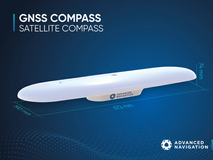
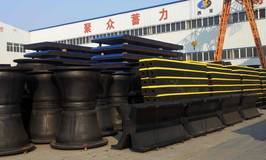

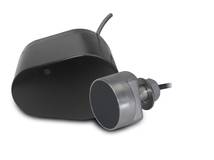
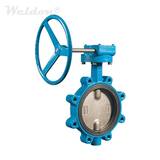
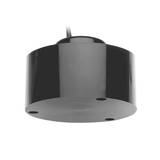
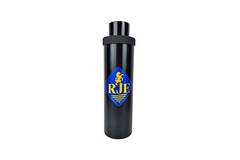
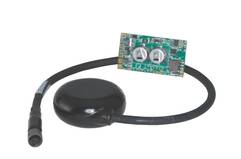
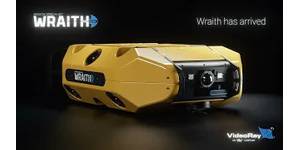
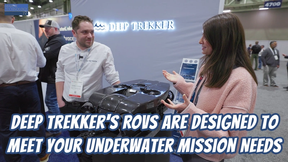
 December 2025
December 2025



